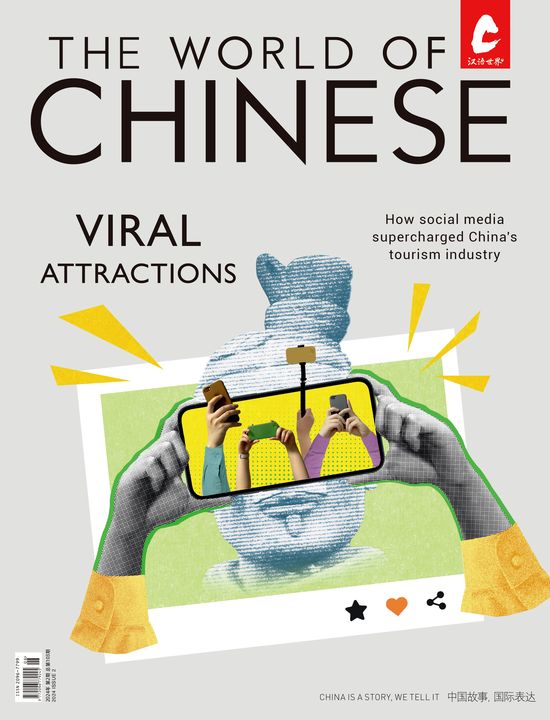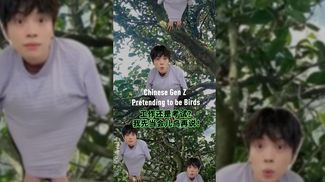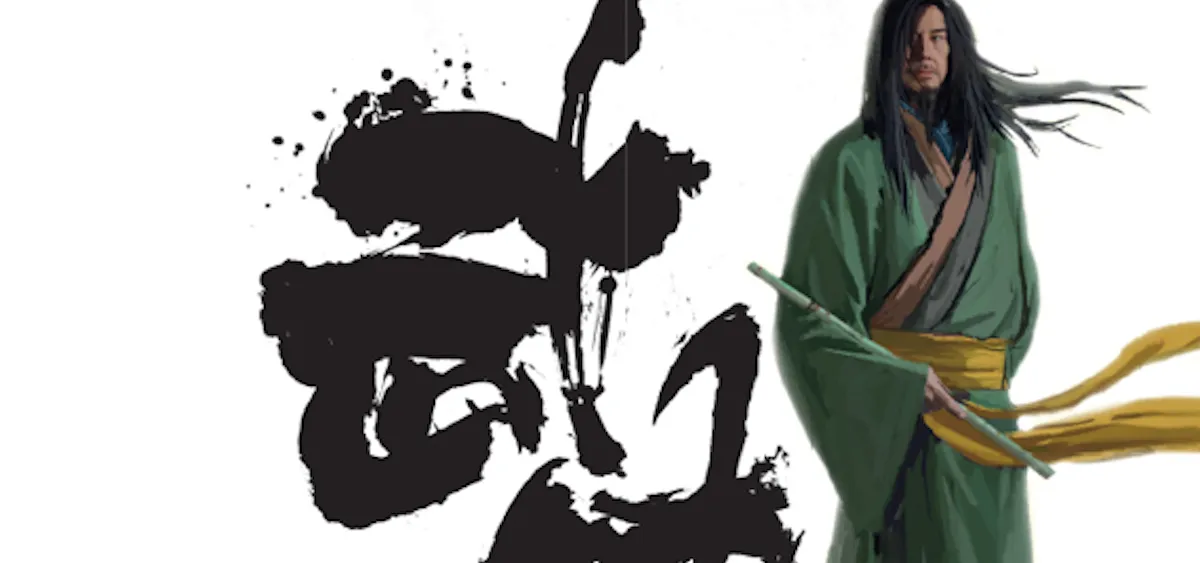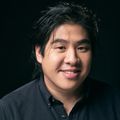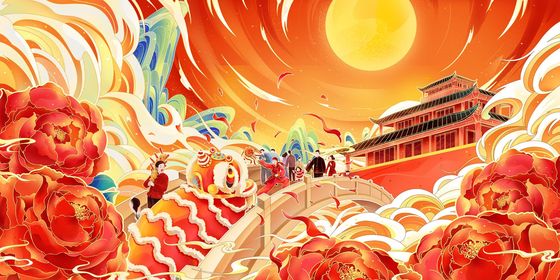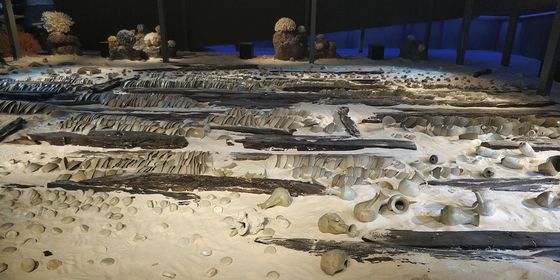Martial arts epic novels of the 1950s
While the 1950s were considered a tumultuous period of history for the Chinese mainland, Hong Kong was undergoing an incredible revitalization of literature and cinema, a period informally known as the Golden Age of Wuxia (武侠), or martial arts fantasy.
Wuxia novels are fantasy works that generally take place within the martial arts world of jianghu (江湖), a mythical bygone age of heroic wandering warriors, epic villains, and lavish battles. While the characters, politics, historical setting, plots, and even physics vary from writer to writer (or novel to novel), wuxia novels generally share a similar set of constructs that typify the ideal Confucian gentleman or junzi (君子): altruism, justice, and disregard for riches, among other values that characterized the ideal traditional Chinese man. Generally speaking, these standards of conduct were considered unachievable and the wandering warriors of wuxia novels often embodied these values subjectively to a fault. For example, one warrior’s sense of justice might be twisted by the murder of his master in such a way that his desire for revenge would surpass all other traits—the fatal tragic flaw. Such a character might be cast as a villain; consumed by vengeance, he might even commit atrocities for his twisted ideals.
Wuxia novels are perhaps most famous for their fantastical martial arts battles; the physics-defying action contained within wuxia novels have made them popular reads for all ages. Warriors can cleave enemies in half with a single blow, fire energy bolts through their mastery of qi, snatch arrows out of the sky, not to mention fly enormous distances with a single leap through the air.
The rise of the wuxia novel can be traced back to the Chinese classics and beyond, stories of assassins, lone soldiers and other mercenaries who rendered their services to feudal warlords in exchange for money, prestige, women and any number of exotic, often esoteric, gifts. Rooted in historical tales of epic derring-do such as the Romance of the Three Kingdoms and Outlaws of the Marsh—both stories of warring states, clashing gangs and fighting factions underpinned by political intrigue.
Returning to the Hong Kong of the 1950s (specifically 1955) reveals several wuxia writers who gained a stellar rise to prominence on the tides of their action-packed fantasies.
Perhaps the greatest of these writers was Louis Cha, widely known by his pen name Jin Yong (金庸). Jin Yong initially published many of his manuscripts as weekly installments in newspapers such as the The New Evening Post and the Hong Kong Commercial Daily. Jin Yong’s first novel, The Book and The Sword (《书剑恩仇录》), published in 1955, was set in the throes of the Qing Empire—a cesspool of civil conflict, assassination, and banditry. Many historical figures, such as the Qianlong Emperor make appearances within the novel. The novel’s protagonist Chen Jialou (陈家洛) is the leader of the Red Flower Gang, a small resistance movement dedicated to overthrowing the Qing Dynasty (1616-1911).
Jin Yong’s second novel Sword Stained with Royal Blood (《碧血剑》), published just one year later, is set in the late Ming Dynasty (1368-1644), featuring Yuan Chengzhi (袁承志), the son of a wrongly-executed military general, who is sent to an orphanage on Mount Hua. The monks of Mount Hua are distinguished martial artists and train Yuan to become a powerful warrior in his own right. Leaving Mount Hua, he discovers the sword and training manual of Xia Xueyi (夏雪宜), a powerful swordsman from ages past. The book follows Yuan’s adventures and attempts at rectifying the political foibles of the late Ming dynasty: fighting the Manchu, befriending the Manchu, and turning against his own Han brethren after discovering their deceit and treachery.
The Legend of The Condor Heroes (《射雕英雄传》) is perhaps Jin Yong’s most famous contribution to the world of wuxia. As a trilogy, the Condor Heroes plotline follows the family lines of various martial artists, beginning in the Song Dynasty (960-1279). Set against the backdrop of the Mongol invasion of Han China, the Condor Trilogy explores the family feuds of bloodlines and rival martial arts styles and features a cast that rivals the Three Kingdoms (or the Greek Iliad) in sheer number of characters.
While Jin Yong wrote a number of prominent literary contributions to the world of wuxia, Xiong Yaohua (also known as Gu Long, 古龙) and Chen Wentong (also known as Liang Yusheng, 梁羽生) were also highly accomplished wuxia writers.
Gu Long was known for his modern approach to writing wuxia. His prose style often defined by its sheer simplicity, drawing on a variety of influences that included both Japanese and Western writers, such as Yoshikawa Eiji and Hemingway respectively. Xiong’s fresh prose focused on developing the tension before a sword battle, allegedly in the style of Yoshikawa’s Miyamoto Musashi, by elaborating on the slow battle of emotions and wits played out before the physical clash itself, writing in the killing blow within three strokes. It wasn’t until midway through his career that Gu Long was able to develop such an unorthodox writing method, a stark contrast to Jin Yong and Liang Yusheng. Gu Long’s contributions to the world of wuxia include the Lu Xiaofeng (陆小凤) series, The Romantic Swordsman (《多情 剑客无情剑》) and the Chu Liuxiang(楚留香) series.
Liang Yusheng and Jin Yong both are considered to be the more “orthodox” writers of wuxia, adhering to a traditional and literary style that has been passed down through the ages. Liang Yusheng, a scholar and a poet in his own right, is considered to be the founder of modern wuxia, and the creator of the literary and historical style on which Jin Yong capitalized. Each novel opens with a unique and original poem and his novels infuse historical elements with physics-defying martial arts fantasy. Many of Liang’s novels have been adapted into movies and television shows, including his epic Seven Swords Descend From Mount Heaven (《七剑下天山》), published in 1956. Seven Swords is part of a trilogy set in the early Qing Dynasty that serializes the dramatic history behind the formation of the Seven Swords of Mount Heaven Gang, a group of martial artists who leave behind a legacy of justice and virtue.
Some see Hong Kong’s martial arts renaissance as a pithy and unworthy development within the rich history of Chinese literature. They could not be more wrong; the martial arts and boldly-written picaresque served a purpose in 1950s Hong Kong. Stories of vagabond warriors and damsels in distress caught within the pseudotraditional nostalgia of myth-shrouded jianghu gripped those who sought an escape from the quotidian struggles of the densely-populated, sweating metropolis that was, and is, Hong Kong—a way to struggle forward by creating a fantastical and luminous way to look back. Whether a student or a pensioner, those who sought a way to rediscover and idealize the Chinese culture that had been systematically demolished in the previous half-century could readily find it awaiting in the pages of jianghu; and, indeed, many are doing the exact same thing today.
